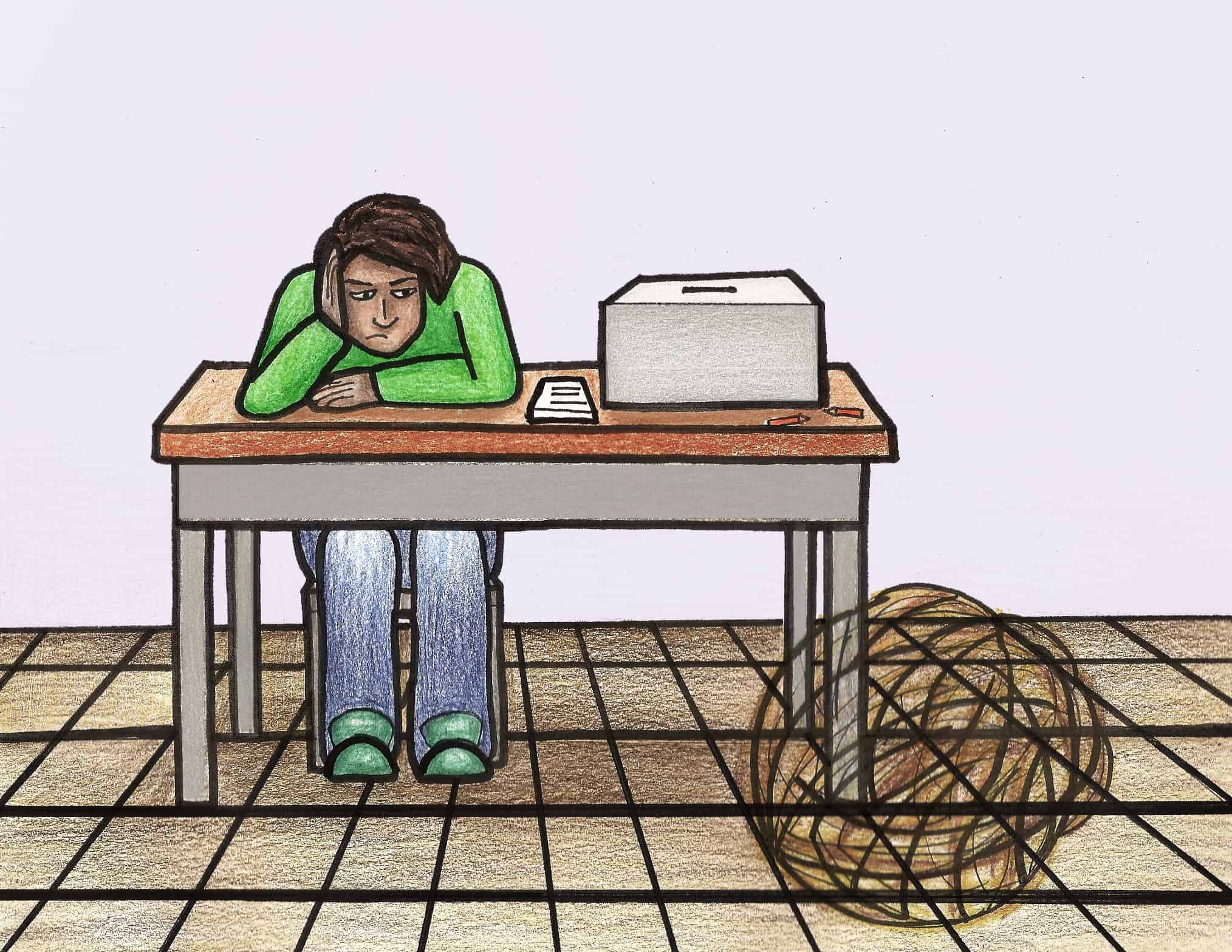With voter turnout for this year’s UTSU elections hovering just above the 10 per cent mark for the second year in a row, some students feel improvements should be made to increase university-wide involvement prior to election dates.
Only 4,500 students — 10.5 per cent of UTSU members — cast votes this year, a little over last year’s participation.
According to statistics from the office of chief returning officer Daniel Lo, 2011’s voter turnout was 10 per cent, an eight per cent drop from 2010’s.
“It’s a little bit sad. I think there’s just too much apathy at this school which is a reason why change is so hard here,” said second-year student Anthony Botelho, who placed a vote last week.
Botelho said that with a majority of students commuting to school, student politics is often overlooked and given little attention because some come “just to get their degrees.”
Aishwarya Gathwala, a first-year student living on residence, said that though she voted, she was only informed of candidates’ election platforms by a campaigner she knew as she walked into Sidney Smith Hall.
“Many students like me didn’t know it was going on,” she said.
Second-year Francine Ricknauth, on the other hand, didn’t cast a ballot because she didn’t know enough about the issues.
All three students agreed that increasing advertisements with emails, posters, and lecture announcements would improve voter turnout.
“I don’t think [the advertisements] are enough. Something should be done so that everybody knows this is going on and everybody gets involved,” Gathwala added.
UTSU president Danielle Sandhu said that the Elections and Referenda Committee serves to make polling stations more visible across the St. George campus, but unlike other universities, U of T is at a disadvantage as it doesn’t have a student centre to act as a central student hub.
Sandhu, however, mentioned that voter turnout depends on the amount of work put in by candidates.
“We have seen higher voter turnout when candidates work hard to engage students in their campaigns and in their platforms,” said Sandhu, adding that candidates “need to speak to the different realities of communities at both the St. George and Mississauga campuses and offer relevant platforms.”
Because the university’s administration is responsible for informing members of election dates on the UTSU’s behalf, Sandhu noted that without having access to its own membership list, students couldn’t be reached as actively and as frequently as they would like.
“More broadly, I think we need to a see a shift in political culture, where all students see themselves as capable of social change, and engage in political issues throughout the entire year, including election season,” she said.
Some universities across Canada have reported higher voter turnout figures than U of T’s.
After University of Western Ontario’s (UWO) first election was rendered invalid due to a hacking incident, the Gazette reported a 42 per cent student participation in the repeated election. Voting for UWO’s election occurs online.
The McGill Tribune, meanwhile, wrote that 21 per cent of students had participated in voting for the Students’ Society of McGill University (SSMU).
This year, University of British Columbia’s student union experienced a 0.6 per cent increase from the 11.6 per cent participation in their 2011 election according to The Ubyssey.


